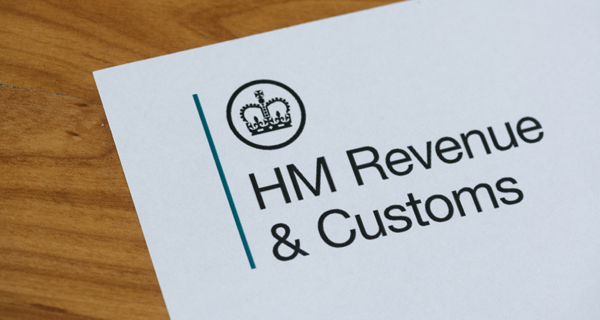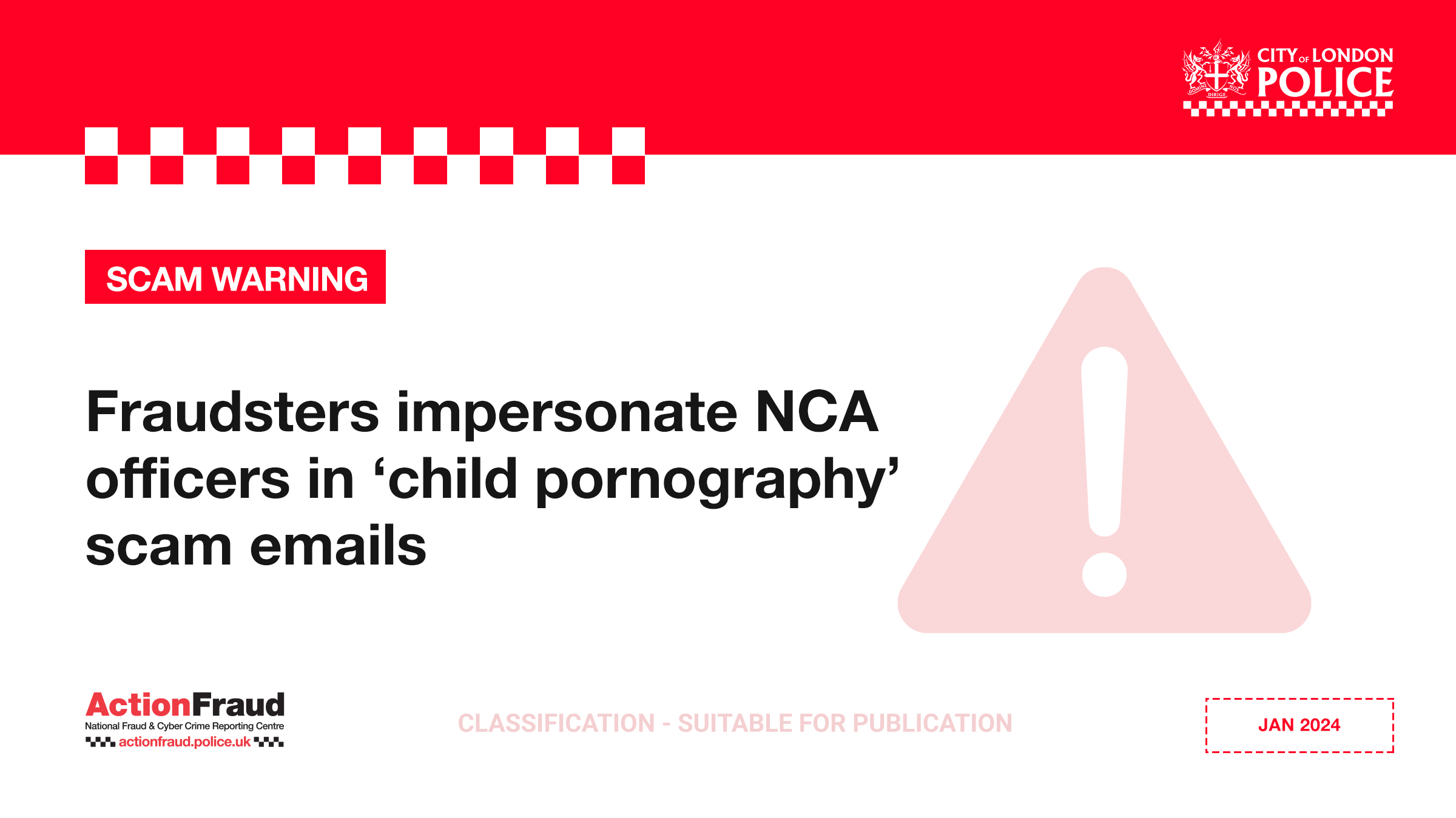HM Revenue and Customs (HMRC) are currently processing tax refunds after the end of the tax year and criminals are taking advantage by sending out phishing emails and text messages.

The fraudulent emails and texts include links which take victims to fake websites where their personal and financial information can be stolen.
In March 2018, HMRC requested 2,672 phishing websites be taken down and received 84,549 phishing reports. HMRC have warned that this kind of phishing is expected to continue in the coming months as genuine tax refunds are issued.
Tax refunds only come through the post or your employer
Treasury Minister, Mel Stride MP, the Financial Secretary to the Treasury said: “HMRC only informs you about tax refunds through the post or through your pay via your employer. All emails, text messages, or voicemail messages saying you have a tax refund are a scam. Do not click on any links in these messages and forward them to HMRC’s phishing email address and phone number.
“We know that criminals will try and use events like the end of the financial year, the self-assessment deadline, and the issuing of tax refunds to target the public and attempt to get them to reveal their personal data. It is important to be alert to the danger.”
Other types of HMRC scams
Fraudsters also use spoofed calls and leave victims automated voicemails saying that they owe HMRC unpaid taxes.
In most cases they ask for payment in iTunes gift card voucher codes and tell victims they have arrest warrants, outstanding debts or unpaid taxes in their name.
How to protect yourself
Recognise the signs - genuine organisations like banks and HMRC will never contact you out of the blue to ask for your PIN, password or bank details.
Stay safe - don’t give out private information, reply to text messages, download attachments or click on links in emails you weren’t expecting.
Every Report Matters – report phishing emails to us and forward them onto HMRC at [email protected].



